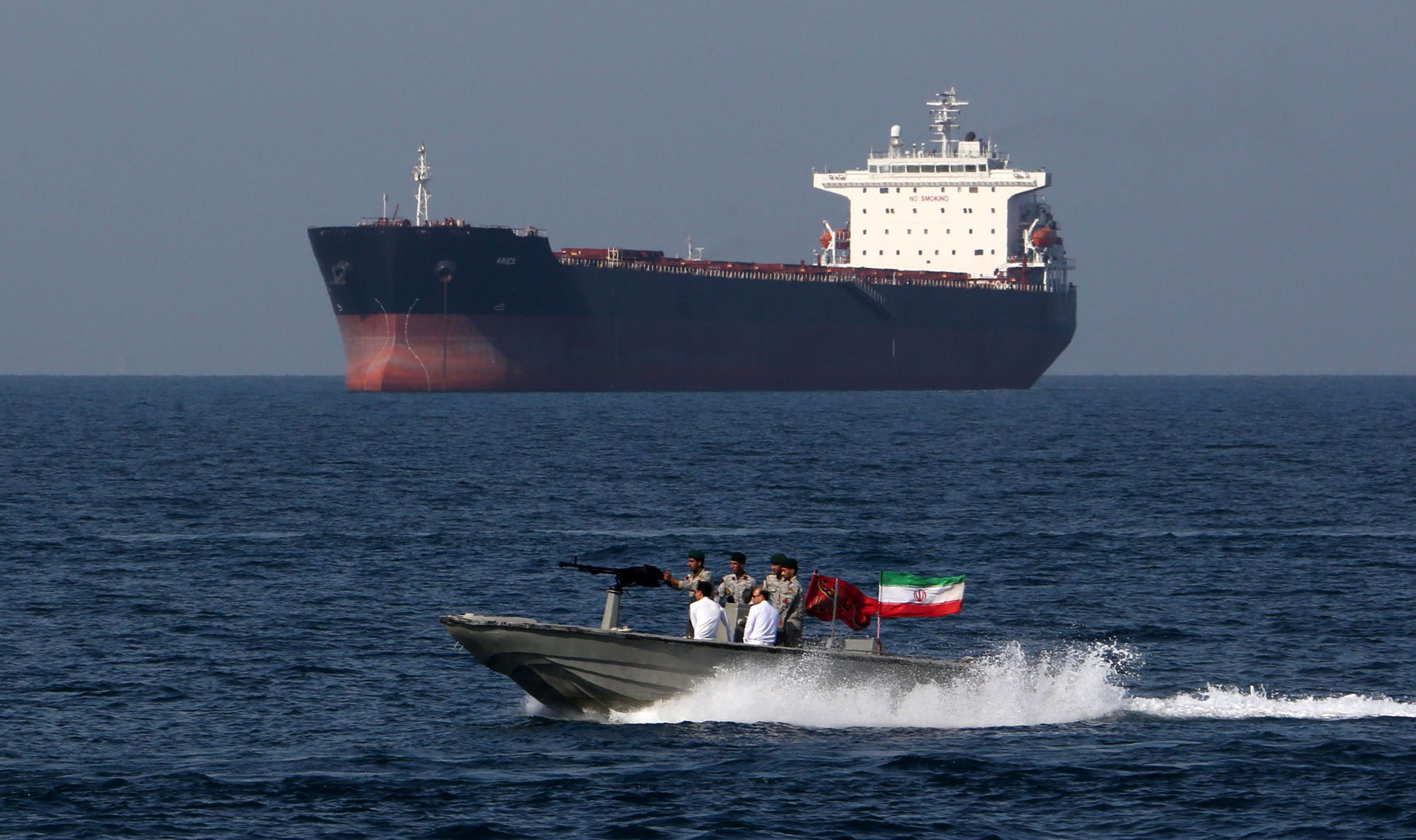As U.S. President Donald Trump mulls a comprehensive response to what he says was an Iranian attack on oil tankers in the Persian Gulf last week, his smarter critics are not questioning Iran's likely culpability. Instead, they are asking, "What did you expect?"
So Rep. Adam Schiff, the Democratic chairman of the House Intelligence Committee, agreed that evidence of Iran's responsibility for the attacks is "very strong and compelling." But he also lamented that Trump had isolated the United States from its allies, and how those allies and U.S. intelligence analysts warned "that this kind of Iranian reaction was likely — a result of a policy of withdrawing from the Iran nuclear agreement."
Schiff is right about those warnings. He is wrong, though, if he means to suggest that the U.S. is somehow responsible for Iran's latest predation, a point made by other Trump critics. This kind of analysis is leading to some bizarre policy recommendations. Already, European diplomats are urging Trump to drop his campaign of maximum pressure and adopt one of "maximum restraint."



















With your current subscription plan you can comment on stories. However, before writing your first comment, please create a display name in the Profile section of your subscriber account page.